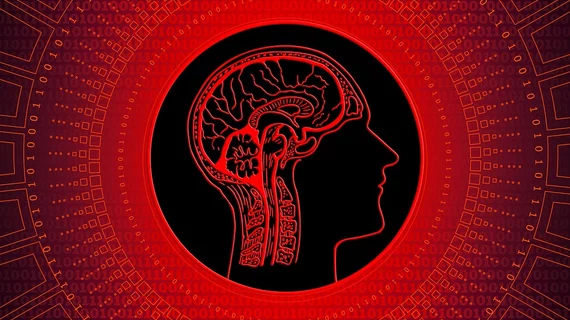ACR announces expansion of pilot program focused on AI, radiology
The American College of Radiology (ACR) has announced a significant expansion of its ACR AI-LAB pilot program aimed at helping imaging providers develop and use AI algorithms.
The program’s original two participants were Massachusetts General Hospital in Boston and The Ohio State University in Columbus. Now, however, five additional institutions—Lahey Hospital and Medical Center in Burlington, Massachusetts; Emory University in Atlanta; the University of Washington in Seattle; the University of California San Francisco; and Brigham and Women’s Hospital in Boston—will all be taking part.
Each institution will use the ACR AI-LAB’s resources to evaluate existing AI algorithms, modifying them as necessary and testing them on local patient data. No programming knowledge is necessary to modify the algorithms, one of the pilot program’s defining features.
NVIDIA is taking part in the program by providing use of its NVIDIA Clara AI software toolkits. Nuance, meanwhile, is providing participants with “last-mile technology” used to integrate the AI algorithms.
Once this pilot program is complete, the ACR plans to expand its services to even more institutions.
“Today marks a major step in accelerating the development of AI for medical imaging,” Bibb Allen Jr., MD, ACR Data Science Institute (ACR DSI) chief medical officer, said in a prepared statement. “We know algorithms can underperform when deployed at sites where they weren’t trained. Now, radiologists in the pilot program will have access to AI algorithms developed outside their institutions in order evaluate a model’s performance using their own data and, as necessary, retrain the algorithm using their local data to enhance its performance.”
“ACR AI-LAB has kicked off a very exciting era of AI democratization, making it possible for health care institutions and industry to build customized AI models for investigative purposes without coding and without moving image data off premises,” Keith Dreyer, DO, PhD, ACR DSI chief science officer, said in the same statement. “Soon all institutions interested in participating in the AI democratization revolution will have the opportunity to get involved.”

